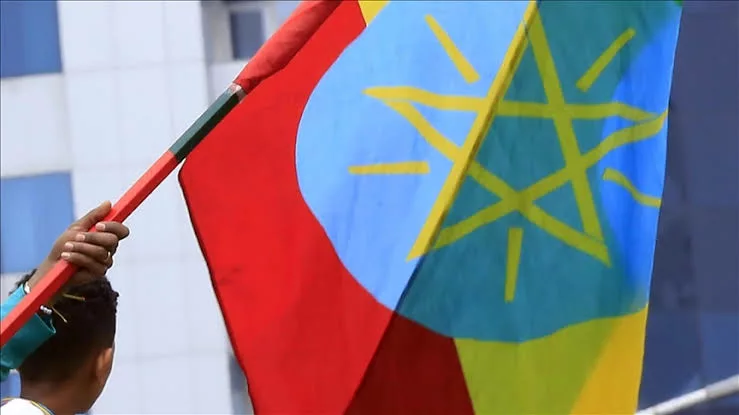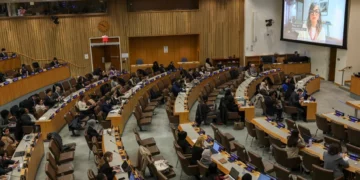Ethiopia officially became Africa’s third defaulter in as many years on Tuesday, December 26, failing to make a $33 million “coupon” payment on it’s only international government bond.
Africa’s second-most populous nation announced its intention to default earlier this month, citing severe financial strain from the combined impact of the COVID-19 pandemic and a two-year civil war that ended in November 2022.
While the official payment date was December 11, a 14-day grace period clause meant Ethiopia had until Tuesday to settle the obligation. However, two sources familiar with the situation confirmed that no payment had been made by the end of the grace period, as of Friday, December 22, the last international banking working day before the deadline.
Ethiopian government officials remained unavailable for comment over the weekend. This widely anticipated default places Ethiopia alongside Zambia and Ghana, both undergoing complete debt restructuring under the G20’s “Common Framework” initiative.
The East African nation initially requested debt relief under this framework in early 2021. Progress was initially hindered by the civil war, but with depleted foreign exchange reserves and soaring inflation, official sector creditors like China agreed to a debt service suspension deal in November.
However, on December 8, the government revealed the breakdown of parallel negotiations with pension funds and other private sector creditors holding the bond. This ultimately led to credit ratings agency S&P Global downgrading the bond to “Default” on December 15, anticipating the missed payment.
Nan/Reuters





